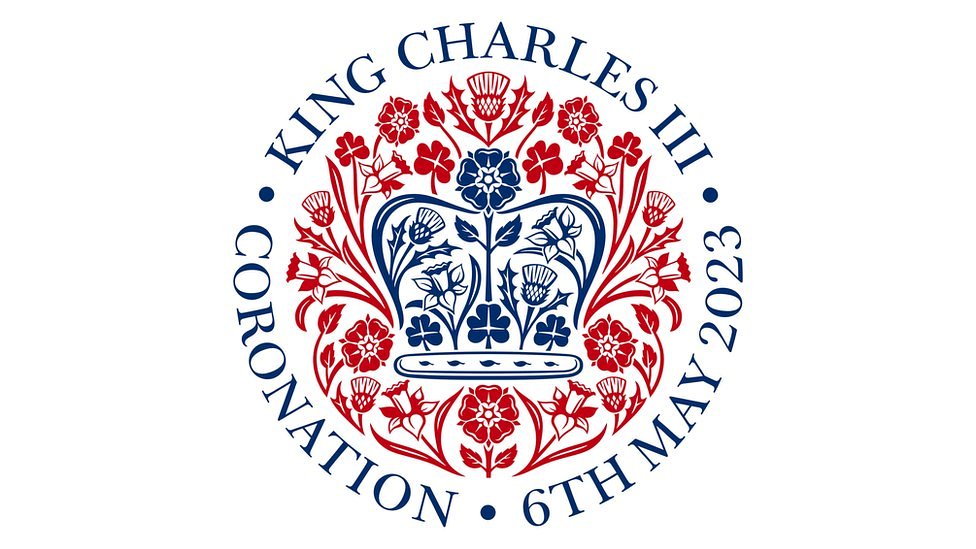2023 guide to construction adjudication – What are the findings?
The Centre of Construction Law and Dispute Resolution at King’s College, London, has recently published its 2023 guide to construction adjudication in the United Kingdom. Here, Construction Partner at Beyond Corporate, James Flynn, looks at the guide and highlights some of the report’s findings.
The publication is endorsed by no less than Mrs Justice Finola O’Farrell, the Judge in charge of the Technology and Construction Court.
The report is the result of a survey of Adjudicator Nominating Bodies and also individuals involved in the adjudication process. It will be of interest to anyone involved in adjudications in the UK. In particular, the report confirms the popularity and success of adjudication as the main form of dispute resolution in the construction industry, as well as setting out some areas for possible change and improvement.
There are a number of findings which are summarised below.
- The number of referrals has been on an upward trend since adjudication was introduced in 1998. The number of referrals between May 2022 and April 2023 was 2,078, the second highest on record after the 2,171 referrals between May 2020 and April 2021.
- The most common value of a claim referred to adjudication was between £125,500 and £500,000. 45% of people surveyed for the report put this as the value of the most common value of their adjudication claim in the last year. 27% of adjudications were for a value of over £1,000,000 and only 3% were for a value of less than £25,000, perhaps reflecting the cost of referring to adjudication.
- Linked to the above, the median answer for the typical total fees for an adjudication was between £12,000 to £14,000.
- The main common causes of referrals to adjudication were stated to be lack of competence of the contract participants, followed by inadequate contract administration, changes by the client, exaggerated claims and finally an adverse aerial industry culture.
- Smash and grab adjudications were the most common category of claim, followed by true value final account adjudications, loss and expense/damages for delay and the true value of interim applications.
- 28% of Respondents said that the duration of adjudication proceedings exceeded 42 days. The main factor behind extending the length of proceedings was the complexity of the case, as opposed to the value of the claim or the availability of the parties.
- One of the most interesting aspects of the report is that 40% of Respondents stated that they had suspected that the adjudicator was biased towards one party on at least one occasion in their careers. Further, 27% of Respondents stated that they had suspected bias in the last year at least once. The most common reason for the suspicion was an adjudicator’s relationship with one of the parties or their representatives.
- 88% of all respondents to the survey agreed that there should be an obligation on adjudicators to provide a conflict declaration at the start of any adjudication process.
- Another interesting part of the response to the survey was that 52% of respondents stated that adjudicators’ decisions should not be published, but 41% of Respondents stated that decisions should be published (either redacted or without any redactions). It is suggested that a pilot scheme may be launched to trial the publication of redacted adjudicators’ decisions.
- Research on Technology and Construction Court decisions indicates that adjudicators’ decisions were successfully challenged at the enforcement stage in only 0.22% of cases referred to adjudication. However, in all enforcement cases at the TCC since 2011, 79% of adjudicators’ decisions have been successfully enforced, but 21% were successfully challenged in whole or in part.
- A majority of respondents support the removal of several of the exceptions to adjudication in section 105 of the Construction Act, however a majority also stated that the exception in relation to residential occupiers should remain.
- The lack of female adjudicators was also highlighted by the report. Despite the existence of the Equal Representation in Adjudication Pledge, 56% of respondents stated that they had never been involved in any adjudication where the adjudicator was a woman.
The report certainly highlights some interesting trends and issues. One possibility of dealing with the perception of adjudicator bias could be to restrict the ability of a party to pre-name an adjudicator in a construction contract.
All in all, however, the report does showcase the strength and success of the UK’s adjudication system, as well as the support for that system continually shown by the TCC.
If you have any questions or require any further advice on this topic, get in touch with our specialist teams today at hello@beyondcorporate.co.uk
[This blog is intended to give general information only and is not intended to apply to specific circumstances. The contents of this blog should not be regarded as legal advice and should not be relied upon as such. Readers are advised to seek specific legal advice.]
By James Flynn















































































